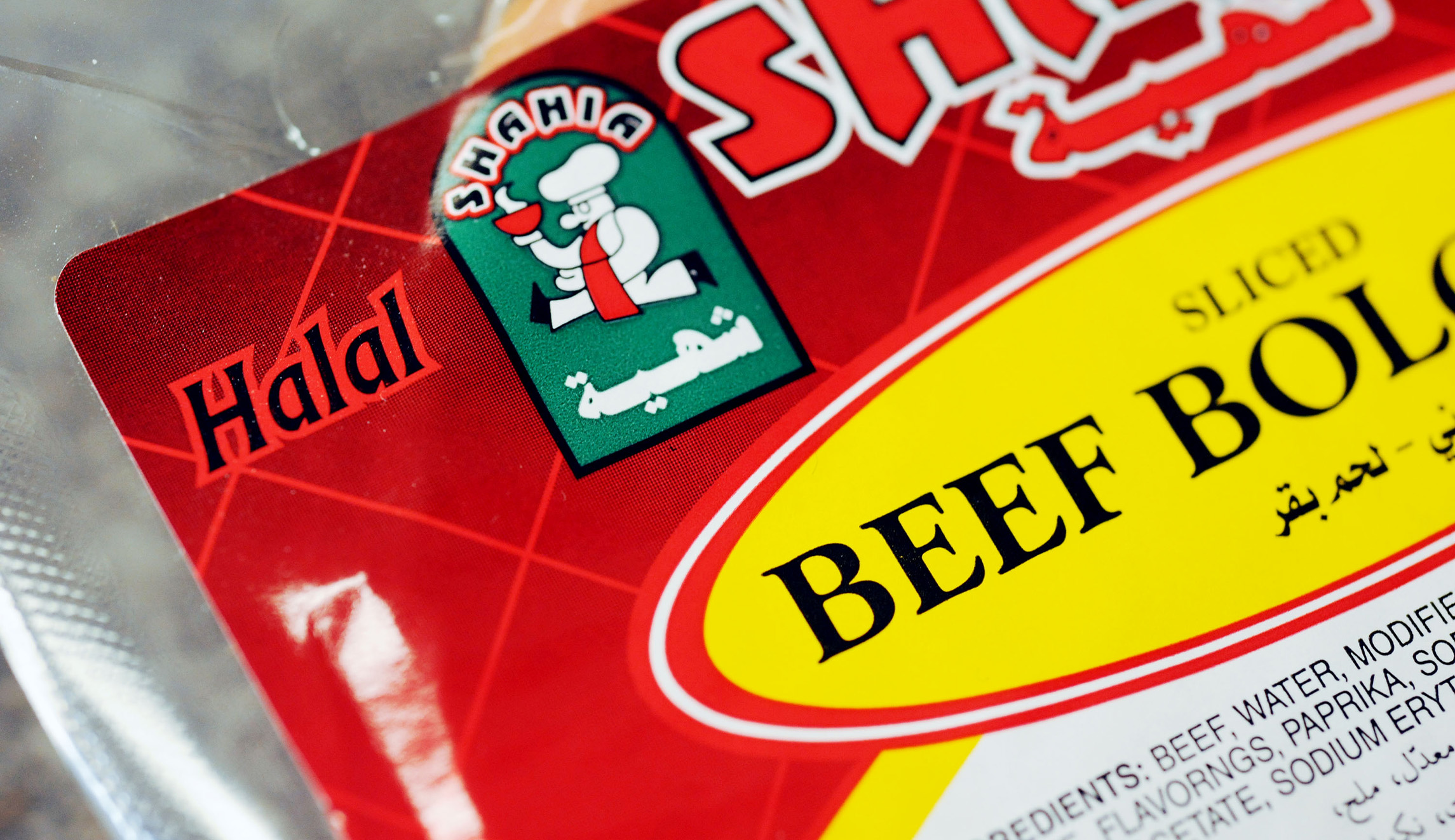“Ritual sacrifice” and “throat slitting,” in the political context, are typically used in a metaphorical sense. When animal welfare, food safety, and free exercise of religion intersect, however, we start using them literally.
Similar to kosher rules, Islamic dietary law specifies how to kill any animals that are to be eaten. In general, farm animals are to have their throats slit in one clean slice and be bled to death. This is to be done without sedating the animal.
Halal slaughter (like kosher slaughter, which has very similar rules) has long struck the wealthy, secular, sterility-seeking West as uncouth. Before their rise to power, the Nazis capitalized on this discomfort by creating a film denouncing Judaism as cruel to animals and framing their own party as the most animal-friendly. In 1933, they followed through with a law that made slaughter without sedation illegal.
In 2014, Denmark passed animal welfare laws that arguably outlawed kosher and halal slaughter by requiring sedation. (There is a gray area on whether a blunt but nonlethal blow to the head counts as “sedation” for religious purposes.)
Residents of Alexandria, Virginia, fought for years to prevent a halal slaughterhouse from opening in an industrial strip. That road also included a doggie day care and a pet spa, and those businessmen, in particular, didn’t want hundreds of chicken necks being slit in their neighborhood. In the end, free enterprise, free exercise, and property rights won out over suburban NIMBY squeamishness.
Hamtramck, Michigan, took things a step further in early 2023. The small city, nestled inside of Detroit, used to be a famous Polish neighborhood, and now it’s majority Muslim. The mayor is a Muslim, and the city council is entirely Muslim. The question before Hamtramck’s councilman wasn’t the legality of halal butchers, but the legality of at-home bespoke slaughter.
Ritual slaughter is part of the celebration of the Islamic holiday Eid al Adha. Most Muslims have their slaughtering done professionally, but some families prefer buying their own sacrifice and doing the deed themselves — maybe in the backyard or the basement.
Hamtramck responded with an ordinance specifically allowing but heavily regulating ritual sacrifice for religious purposes. At-home slaughter requires sanitation, inspection, notice, and a fee paid to the local government. Also, no front-yard sacrifices are allowed: All steps need to be taken to ensure the sacrifice is made out of the sight of the general public.
Plenty of Hamtramck residents objected to the notion of backyard throat-slitting rituals, and the council meetings on the issue were crowded and contentious. But in the end, the new ordinance passed. That’s democracy in action.








